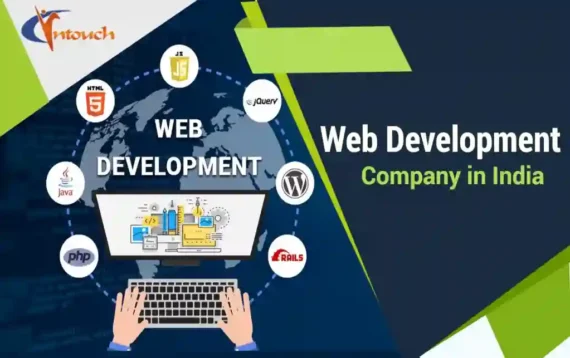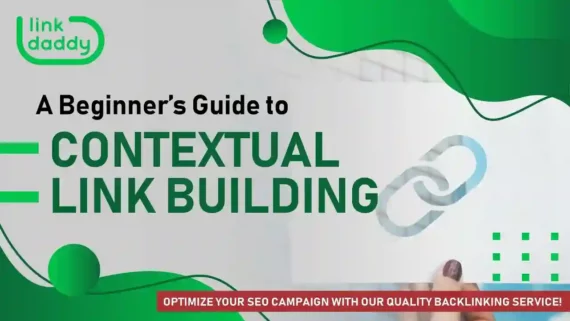If you’re in the world of B2B (business-to-business) marketing, you already know that reaching and engaging potential clients can be quite a challenge. B2B audiences have specific needs and often require more information before making a purchasing decision. This is where content marketing comes into play. In this article, we’ll explore the world of content marketing for B2B, its significance, and strategies to achieve success in this unique niche.
The Power of Content Marketing for B2B
Before diving into the strategies, let’s understand why content marketing is particularly crucial in the B2B landscape:
Complex Decision-Making Process
In B2B transactions, decisions are often complex and involve multiple stakeholders. Content marketing allows you to educate and inform these decision-makers throughout their journey, providing the information they need to make informed choices.
Building Trust and Credibility
Creating valuable, informative content establishes your brand as an authority in your industry. By consistently delivering high-quality content, you can build trust and credibility with potential clients.
Longer Sales Cycles
B2B sales cycles tend to be longer than B2C (business-to-consumer) ones. Content marketing enables you to nurture leads over time, keeping your brand top of mind as potential clients move through the decision-making process.
The Importance of Strategy
Content marketing for B2B success requires a well-defined strategy. Here are the key steps to crafting a strategy tailored to your B2B audience:
1. Define Your Target Audience
Understanding your target audience is the foundation of any successful content marketing strategy. In B2B, this often involves identifying key decision-makers, influencers, and end users. Create detailed buyer personas that encompass job titles, responsibilities, pain points, goals, and challenges.
2. Set Clear Goals
What do you want to achieve with your content marketing efforts? Goals might include increasing brand awareness, generating leads, nurturing leads through the sales funnel, or positioning your brand as an industry thought leader. Your goals will shape your content strategy.
3. Content Mapping
Map out your content according to the different stages of the B2B buyer’s journey. Content should align with the awareness, consideration, and decision stages, offering valuable information and guidance at each step.
4. Quality over Quantity
In the world of B2B content marketing, quality always trumps quantity. Focus on creating in-depth, insightful content that addresses the specific needs and pain points of your audience. Whitepapers, case studies, and industry reports can be particularly effective.
5. Invest in Thought Leadership
Establishing your brand as a thought leader in your industry is a powerful strategy. Publish authoritative articles, research papers, and opinion pieces that demonstrate your expertise and provide valuable insights to your audience.
6. Utilize Multiple Content Formats
B2B audiences have diverse preferences when it comes to content consumption. Offer a mix of content formats, including blog posts, whitepapers, ebooks, webinars, podcasts, videos, and infographics. This ensures you cater to different learning styles.
7. SEO Optimization
Optimize your content for search engines. Identify relevant keywords and incorporate them naturally into your content, titles, headings, and metadata. High-ranking content is more likely to be discovered by your target audience.
8. Distribution and Promotion
Creating great content is only half the battle. You must also effectively distribute and promote it. Share your content on relevant social media platforms, send it to your email list, collaborate with industry influencers, and consider paid promotion.
9. Email Marketing
Email marketing remains a potent tool in B2B content distribution. Segment your email list to deliver tailored content to specific segments of your audience. Use email to nurture leads, provide updates, and share valuable resources.
10. Analyze and Iterate
Regularly analyze the performance of your content marketing efforts. Track key metrics such as website traffic, engagement rates, conversion rates, and lead generation. Use these insights to refine your strategy and optimize content that’s not performing as expected.
11. Case Studies and Testimonials
Case studies and testimonials can be incredibly persuasive in the B2B world. Showcase real-world examples of how your product or service has solved specific problems for clients. Highlight measurable results and customer testimonials to build trust.
12. Lead Magnets
Offer lead magnets like ebooks, guides, or templates that provide exceptional value in exchange for contact information. This approach not only generates leads but also positions your brand as a valuable resource.
13. Content Personalization
Leverage marketing automation tools to personalize content for different segments of your audience. Tailor messages, recommendations, and content based on the specific needs and behaviors of your leads.
14. Account-Based Marketing (ABM)
If your B2B strategy involves targeting specific high-value accounts, consider implementing ABM. This approach tailors content and marketing efforts to individual accounts, increasing the chances of securing valuable clients.
15. Collaborate with Industry Influencers
Partner with industry influencers or thought leaders who can help amplify your content and reach a broader audience. Influencers can provide valuable endorsements and credibility to your brand.
16. Webinars and Virtual Events
Hosting webinars and virtual events allows you to engage with your audience in real-time. These interactive sessions can position your brand as an authority and provide opportunities for direct engagement.
17. Social Proof
Highlight your successes through social proof. Showcase client logos, endorsements, and case studies prominently on your website and marketing materials. Demonstrating that other businesses trust your solutions can instill confidence in potential clients.
In conclusion, content marketing for B2B is a strategic and effective approach to connect with your target audience, nurture leads, and position your brand as an industry leader. By understanding your audience’s needs, delivering valuable content, and continually refining your strategy, you can achieve success in the competitive B2B landscape. So, roll up your sleeves, embrace these content marketing strategies, and watch your brand flourish in the world of business-to-business marketing. The path to B2B success begins with great content!




